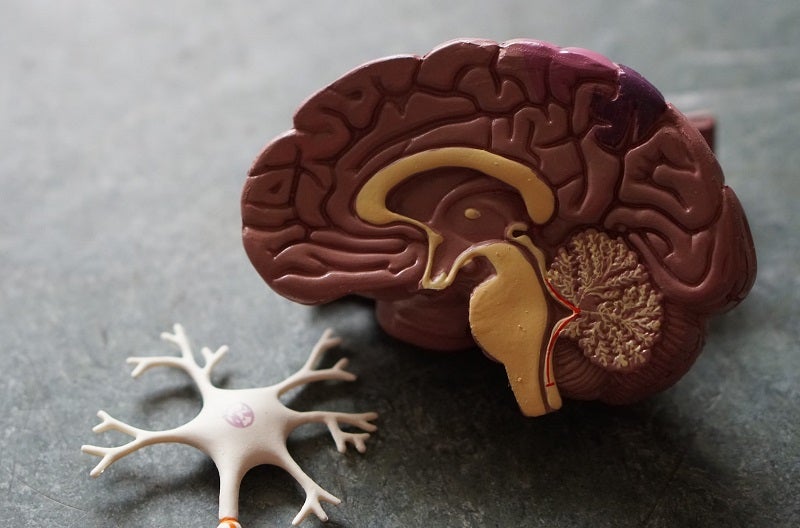
Vigil Neuroscience has announced the dosing of its first patient in the IGNITE Phase II clinical trial of VGL101 to treat adult-onset leukoencephalopathy with axonal spheroids and pigmented glia (ALSP), a rare, inherited, autosomal dominant neurological disease.
The international, proof-of-concept, open-label IGNITE trial will assess the fully human monoclonal antibody TREM2 agonist’s tolerability and safety in up to 15 subjects with symptomatic ALSP that is related to CSF1R gene mutations.

Discover B2B Marketing That Performs
Combine business intelligence and editorial excellence to reach engaged professionals across 36 leading media platforms.
The effects of the therapy on magnetic resonance imaging and biomarkers of neurodegeneration and target engagement include the trial’s secondary outcome assessments.
Exploratory outcome evaluations include clinical efficacy measures assessment, with the help of standard cognitive, motor, and functional assessments.
Additionally, the pharmacokinetics of VGL101 in ALSP patients will be evaluated in the trial.
The trial subjects will be given an intravenous (IV) infusion of 20mg/kg of VGL101 nearly every four weeks for one year.

US Tariffs are shifting - will you react or anticipate?
Don’t let policy changes catch you off guard. Stay proactive with real-time data and expert analysis.
By GlobalDataVGL101 is the company’s lead product candidate and acts on the human triggering receptor expressed on myeloid cells 2 (TREM2).
It is currently under development to treat rare microgliopathies such as ALSP and other neurodegenerative diseases.
Vigil Neuroscience president and CEO Ivana Magovčević-Liebisch said: “Dosing the first ALSP patient in the IGNITE Phase II trial represents a significant clinical milestone for Vigil and for people living with this rare, rapidly progressing, fatal disease with a significant unmet need.
“This is also an important first step in reaching our anticipated milestone of establishing proof of concept in ALSP in 2023 and evaluating the therapeutic potential of VGL101 in patients for whom there are currently no approved treatments.”





